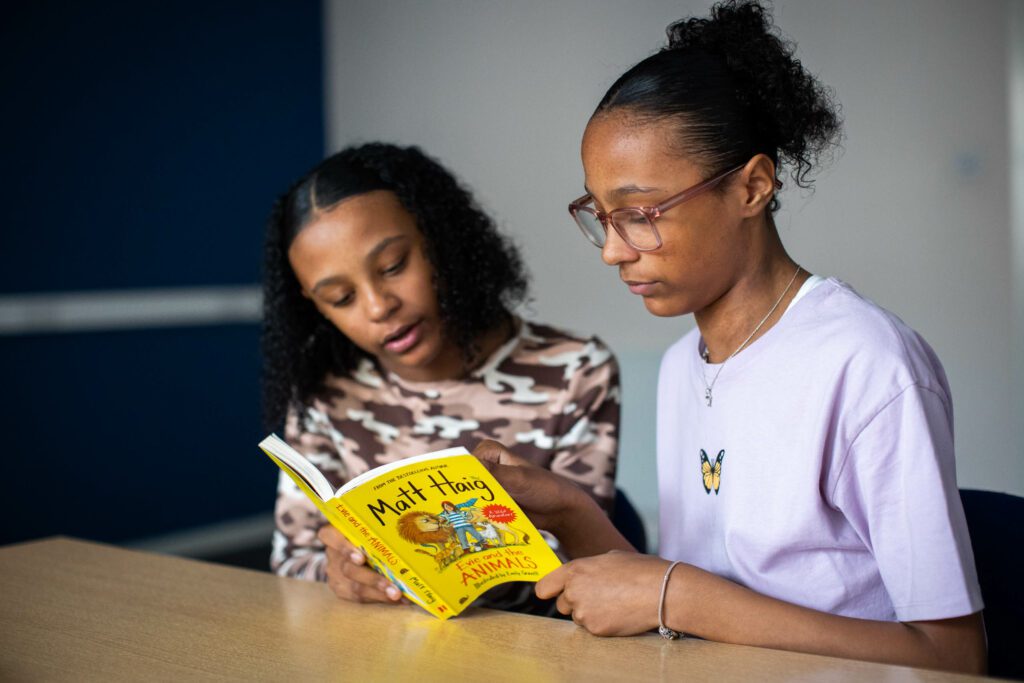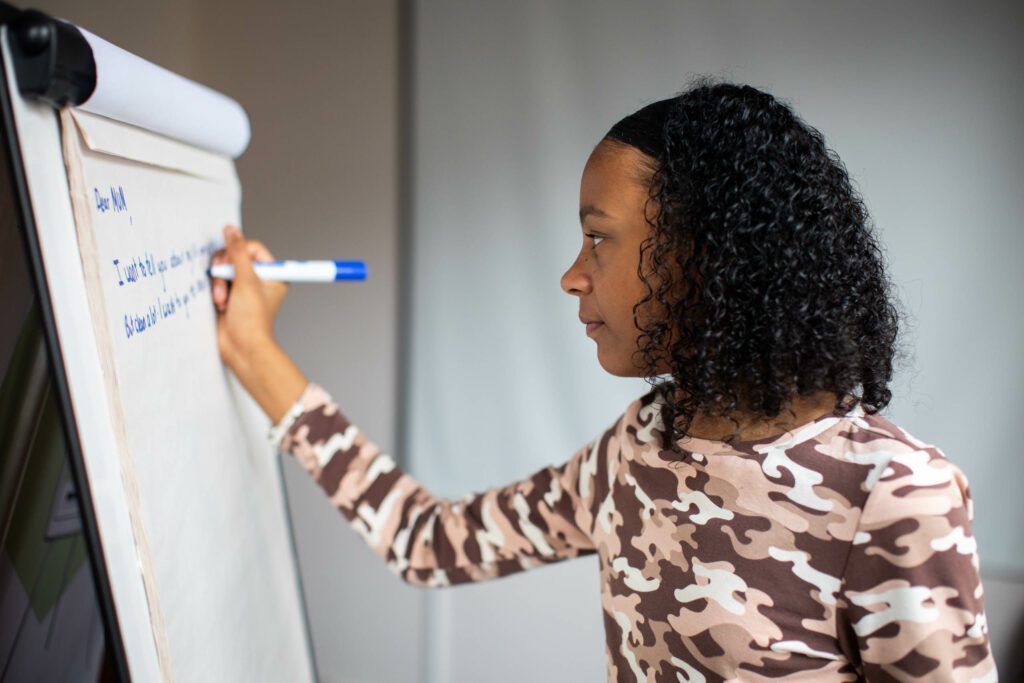“Why can my child talk in detail about dinosaurs yet put nothing onto a piece of paper?”
This is the sort of question, which makes parents ask if their child might be dyslexic.
Our Helpline receives many calls from parents, who feel that they are not getting enough support for their struggling child in school. Parents understand their children best and are often the first to realise that something is not quite right.
We always recommend in the first instance that the parent goes to the school SENCo (Special Educational Needs Coordinator) for help, but often the parent is still left not knowing if dyslexia is the cause of their child’s difficulty.



